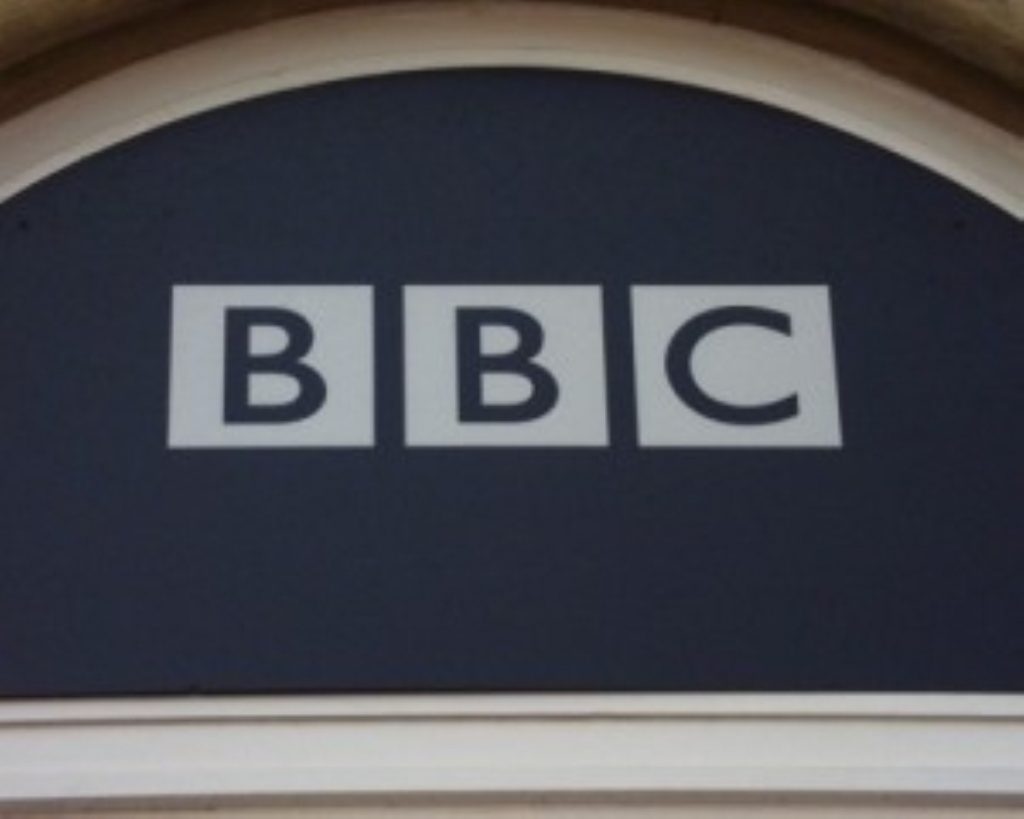Tories propose scrapping BBC licence fee
The Conservative Party has unveiled plans for the future of the BBC, which involve dismantling the public service broadcaster.
Tory proposals for the corporation include reducing the licence fee to £100 in 2007, when the current charter expires, and phasing out subscription entirely over time.
If the Conservatives come to power in next year’s elections, the party also plans to scrap the BBC’s board of governors, transfer the corporation’s assets to a Channel 4-syle trust and introduce independent regulation managed by Ofcom.
The Conservative Party asked the Broadcasting Policy Group, headed by former Channel 5 chief executive David Elstein, to examine the BBC’s future.


It recommends that part of the BBC licence fee should go to the Treasury, rather than directly to the BBC, and should be channelled into a “public service programming” fund which could be used by rival broadcasters to make arts, religion or other non-commercial programming.
“Our proposals are designed to increase, across our broadcasting system, the scope for the expression of free opinion and searching journalism. We propose replacing the licence fee with other sources of income, so removing much of the power of government over the BBC,” the report states.
The report claims that the involvement of government in the BBC puts it under almost constant pressure and calls for the royal charter that has governed the BBC and guaranteed its independence since 1926 to be scrapped at the end of 2006.
Under the recommendations, the licence fee would be replaced with subscription for some services and new fees levied for the use of the digital spectrum. Ministers are currently planning to switch off analogue broadcasting signals in 2010.
The document calls for the BBC’s assets to be transferred to a new public corporation, also called the “British Broadcasting Corporation”, but modelled on Channel 4, with ownership vested in media watchdog Ofcom, all programmes provided by independent production houses and a mixed independent board of executive and non-executive directors.
The report has been officially handed to the Conservatives, but the party says it is not bound by the findings.
In a statement the BBC said it welcomed all contributions to the debate over the future of the public service broadcasting. The corporation currently receives £2.3 billion a year from the licence fee.












